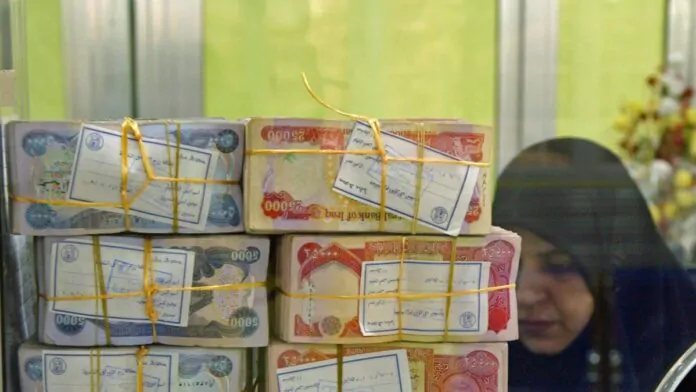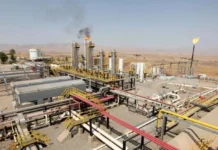Economic expert Manar Al-Obaidi has warned that Iraq’s financial situation has reached a critical stage, even as political leaders remain focused on electoral alliances and party negotiations.
Al-Obaidi explained that, as of August 2025, Iraq’s total revenues reached 82 trillion dinars. Of that, 73 trillion dinars came from oil, while non-oil revenues accounted for only 9 trillion dinars. In contrast, public spending hit 87.5 trillion dinars, including 73 trillion dinars in operational costs and 5 trillion dinars in government advances—funds usually accounted for at the end of the year. This leaves a real budget deficit of around 10 trillion dinars by the end of August.
He added that estimates suggest the deficit could exceed 15 trillion dinars by the end of the year if financial pressures continue.
Central Bank Reserves Under Pressure
Data from the Central Bank of Iraq shows that during the first nine months of 2025, the bank purchased $49 billion from the Ministry of Finance but sold over $60 billion through its currency sale window. This forced the bank to use about $11 billion of its reserves to meet the rising demand for US dollars.
Al-Obaidi explained that with oil prices remaining around $60–65 per barrel, the current or future government won’t be able to cover many basic operating expenses without urgent measures to boost revenues and cut spending.
Borrowing Isn’t an Easy Option
He warned that borrowing will be much harder than before, since Iraq’s internal debt has risen above 90 trillion dinars and the local market has limited capacity to absorb new debt.
Where Solutions Could Start
According to Al-Obaidi, solutions must begin with a detailed review of public spending, down to the smallest unit. Key steps include:
- Identifying waste in fake salaries, pensions, and social welfare programs
- Reviewing support programs like food ration cards and drug subsidies to ensure efficiency
He stressed that Iraq is at a sensitive financial crossroads, especially if the new government delays approval of next year’s budget, leaving the country without a clear spending ceiling.
The Human Cost of Inaction
Al-Obaidi concluded that the approaching 15 trillion dinar deficit is more than just a number — it’s a real danger. If the crisis continues without quick solutions, the state may be forced to take coercive measures that could impact the most vulnerable groups first.





